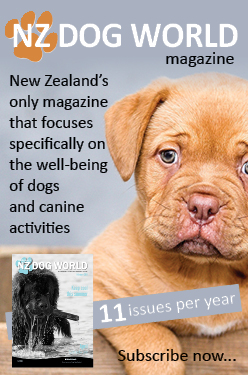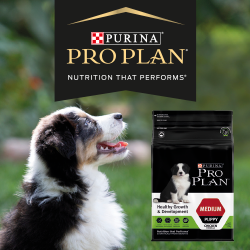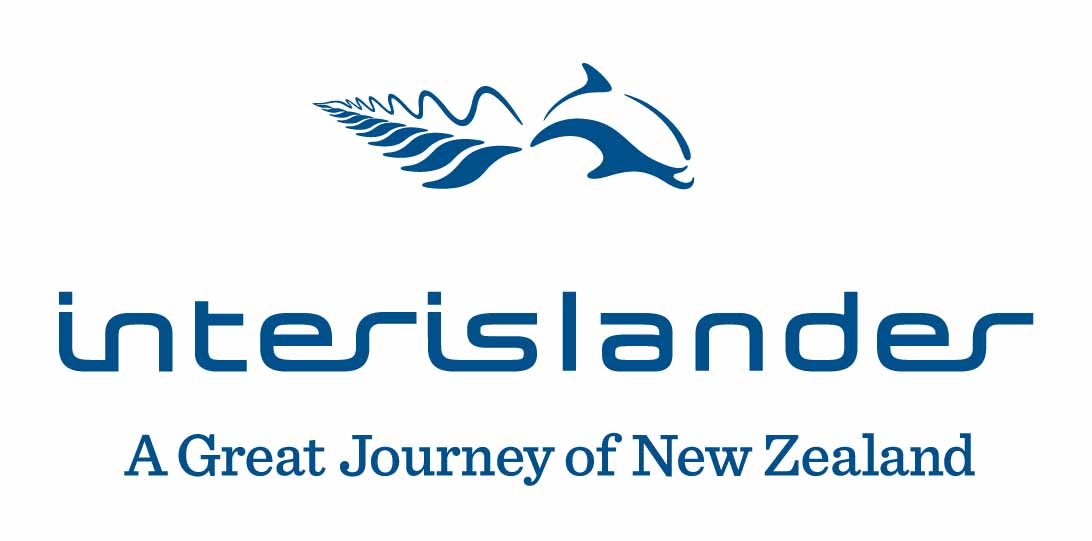Respiratory Function Grading Scheme

Accredited Assessors:
To Enter Results Click Here
What is the scheme?
The Kennel Club and University of Cambridge's Respiratory Function Grading Scheme assess Bulldogs, French Bulldogs and Pugs for a breathing problem known as BOAS (brachycephalic obstructive airway syndrome).
The scheme advises owners if their dog is affected by BOAS and gives guidance to breeders on how to lower the risk of producing affected puppies. A selection of regionally approved assessors (vets trained in BOAS) are being appointed to carry out respiratory function grading on dogs of these breeds.
Dogs can be assessed from the age of 12 months, and this should be repeated every two years for their lifetime, or until you stop using them for breeding.
What is BOAS?
Dogs with a flat, wide-shaped head are said to be brachycephalic (‘brachy’ meaning short, and ‘cephalic’, meaning head). The soft tissue in the nose and throat of some brachycephalic dogs may be excessive for the airways, partially obstructing the airway and making it difficult for them to breathe normally (causing heavy panting or noisy breathing). This condition is known as BOAS and is a progressive disorder that can impair a dog’s ability to exercise, play, eat and sleep.
Find out more at Brachycephalic Heath
How can I book an assessment?
Contact one of these veterinarians to book your assessment.
Northland
Dr Michelle Eyre
Mill Road Veterinary Hospital
116 Mill Road
Kensington
Whangerei 0112
09 437 1101
Dr Paula Grant
Phoenix Animal Wellness
243 Waipapa Road
Keri Keri 0230
09 945 6400
Auckland
Dr Angela Stringer
Vets North Silverdale
3 Keith Hay Court
Silverdale
Auckland 0932
09 869 3045
Dr Deborah Samson
Hobsonville Veterinary Hospital
403 Hobsonville Road
Hobsonville
Auckland 0618
09 416 6751
Dr Jennifer Dauth and Dr Adri Rossouw
True Vets Ormiston
1/240 Ormiston Road
Flat Bush
Auckland 2019
09 265 2838
Waikato
Dr Henri Mostert
Hamilton Small Animal Veterinary Center
421 Te Rapa Rapa Road
Hamilton 3200
07 849 2963
Dr Ian Millward
Veterinary Referral Services
(inside Hamilton Small Animal Veterinary Center)
421 Te Rapa Rapa Road
Hamilton 3200
07 849 0707
Dr Hayley Pfeffer
Vetora Te Awamutu
565 Mahoe Street
Te Awamutu 3800
07 872 0004
Bay of Plenty
Dr Scott Raleigh
Barkes Corner Veterinary Hospital
507 State Highway 29
Tauranga 3112
07 543 0026
Dr Anna Goodman
Barrowman Goodman Vets
110 Lake Road
Koutu
Rotorua 3010
07 343 9090
Dr Joanna Bruin
Te Puke Veterinary Centre
2 Jellico Street
Te Puke 3119
07 573 7606
Gisborne
Hawkes Bay
Dr Nadine Bissit
Carlyle Vet Clinic
139 Carlyle Street
Napier 4100
06 835 1096
Taranaki
Manawatu-Whanganui
Dr Becky Murphy
TCI Veterinary Services
25 Manchester Street
Feilding 4702
021 124 4365
Dr Rachael Stratton
PAWsome Vets
358 Oxford Street
Levin 5510
06 367 9005
Wellington
Dr Jeannie Tiong-Walker
69 Lakewood Avenue
Churton Park
Wellington 6037
04 472 2690
Tasman
Marlbourgh
Canterbury
Dr Lesley Robert and Dr Tracy Tonkin
Shirley Vet Clinic
15 Marchlands Road
Shirley
Christchurch 8061
03 385 6156
Dr Jacoba Vaessler and Dr Jessica Cheung
West Melton Vet Centre
3/736 Weedon Road
West Melton 7618
03 347 4546
Dr Helen Milner
Milner Veterinary Surgical Referrals Ltd
PO Box 36-595
Merivale
Christchurch 8146
021 422 223
Dr Kirsten Wylie
K9HQ Vet Services
693 Marshland Road
Orruhia
Christchurch 8083
03 741 6276
Otago
Southland
Dr Marcus Selvadurai and Dr Oliver Young
Vet South Invercargill
29 Findlay Road
Invercargill 9810
03 217 6688
Dr Oliver Young
Vet South Winton
Cnr Great North and Welsh Roads
Winton 9720
03 236 6090
Dr Oliver Young
Vet South Gore
8 Richmond Street
Gore 9710
03 209 0101
What does each grade mean?
Grade 0: Your dog is clinically unaffected and is currently free of respiratory signs of BOAS. If your dog is under 2 years old we suggest they have an annual health check with their own vet, as BOAS can develop later in life
Grade 1: Your dog is clinically unaffected but does have mild respiratory signs linked to BOAS. These signs do not affect their exercise performance. If your dog is under 2 years old we suggest they have an annual health check with their own vet, as BOAS can develop later in life
Grade 2: Your dog is clinically affected and has moderate respiratory signs of BOAS that should be monitored and may require veterinary treatment
Grade 3: Your dog is clinically affected and has severe respiratory signs of BOAS and should be seen by your own vet for a thorough veterinary examination with treatment. We do not recommend that you breed from your dog
These grades have an expiry date and dogs should be assessed every two years for their lifetime, or until you stop using them for breeding.
Breeding advice
For breeds where respiratory function grading is recommended, you should ideally only breed from two dogs that have both been through the scheme. Using these dogs will give you the information you need to reduce the chances of the puppies you breed suffering from BOAS when they grow up. If you are looking to buy a puppy of this breed you should ensure both parents are tested under the scheme.
The way that BOAS is inherited is not fully understood and is not always entirely predictable. Using the guidelines below can help you reduce the chances of breeding puppies affected by BOAS. However, even if used responsibly, this guidance cannot guarantee that a puppy from two unaffected parents will be free from BOAS.
Making balanced breeding decisions
As well as considering the implications of a dog’s respiratory function grading score, there are other equally important factors to consider when deciding whether two dogs should be mated together, such as temperament, genetic diversity, conformation, other available health test results, the general health of the dogs etc. Your breeding decisions should always be well balanced and take into consideration the qualities and compatibility of both the sire and dam that you are considering.







